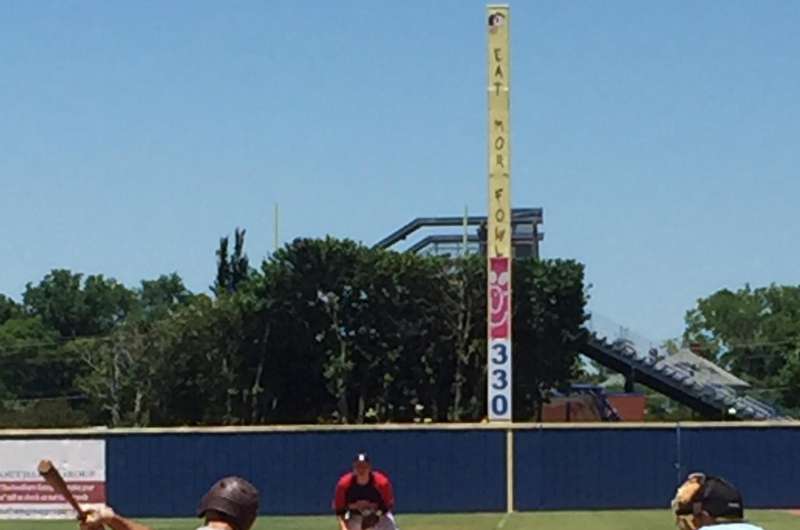Researchers offer new insights into how communities can tap into youth sports tourism

Two Indiana University researchers say creative marketing is needed to reach visitors in what's become a multibillion-dollar-a-year segment of the tourism industry: youth sports tourism.
Richard Buning, an assistant professor in the School of Physical Education and Tourism Management at Indiana University-Purdue University Indianapolis, and Cassandra Coble, a clinical assistant professor in the IU School of Public Health-Bloomington, are among the first to study the experiences of youth sports travelers. Their study was conducted through the Sports Innovation Institute at IUPUI.
Youth sports are commonly defined as non-school-related sports activities organized through local programs that include baseball, softball, soccer, lacrosse, rowing, volleyball and gymnastics.
According to Buning, parents are spending as much as $20,000 a year to take their children to youth sporting events that can be located across town or across the country.
"There's a wide range of people doing it, with some families making one trip a year. But some families whose children are playing at an elite level may take 10, 20 or 30 trips a year," he said.
Youth sports tourism includes travel-related expenses for families who travel to sports tournaments in locations they otherwise would not have visited. It includes spending on gasoline, airfare, buses, hotel rooms, meals and entertainment in the destination city.
Beyond the spending data, though, there was little data on the youth sports traveler experience, Buning said. He and Coble conducted in-depth interviews with parents, coaches, officials and others associated with youth sports tourism in the Indianapolis area to help fill that data void.
"There's been little research to see what people want out of these types of trips, how they make decisions related to this type of travel, what they look for in destinations and events, and what their experiences are like when they go on this type of trip," Buning said.
Communities that want to reach these visitors face a special challenge, Buning said.
Among travel behaviors Buning and Coble found:
- Limited planning occurs before a trip to a sporting event, other than to find a hotel.
- Preconceived notions about destinations influence trip planning and activity information search behaviors.
- Parents, young athletes and support staff have little to no time outside of the event to participate in activities away from the sport venues.
- Typical event trip duration is predominantly Friday to Sunday due to school commitments and travel expenses.
Generally, Buning said, a child, usually accompanied by one parent, will travel with a team to a tournament. The parent and child check into a hotel with a pool so the child can swim. Saturday is spent at the tournament, with the parent and child eating at a restaurant like Subway for lunch and then ordering pizza for dinner. When the tournament ends on Sunday, the parent and child return home.
While youth sport visitors or fans are driven to travel by the athletic event, not the attractiveness of the destination, coaches choose to take their teams to compete for a variety of reasons—the venue, the level of competition or because they qualify, Buning said.
Creative marketing strategies could reach these visitors while they are in the community where a tournament is located and let them know what's available, particularly when they come to a place they are not familiar with, Buning said. That especially applies to sports venues in rural areas where visitors may assume there are few or no off-field activities, he added.
Communities seeking to engage these visitors could also market themselves in advance to leagues, event organizations, tournament event organizers, coaches and team facilitators, Buning said. Cross-promotions with local professional teams in the same sport as a youth tournament could also make an impact, he said.
The study was commissioned by the Hamilton County Sports Authority.
















